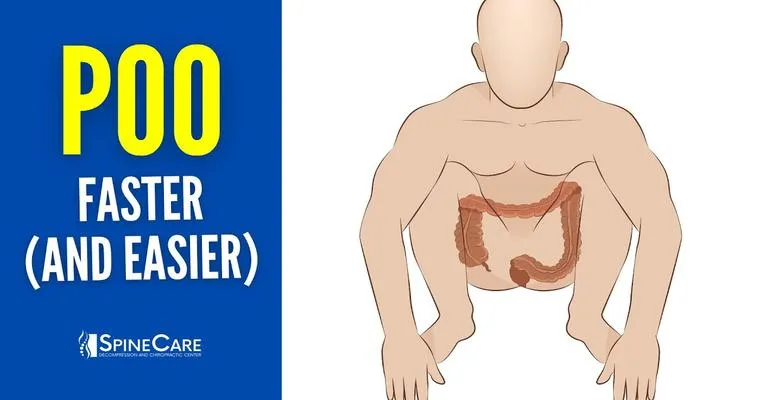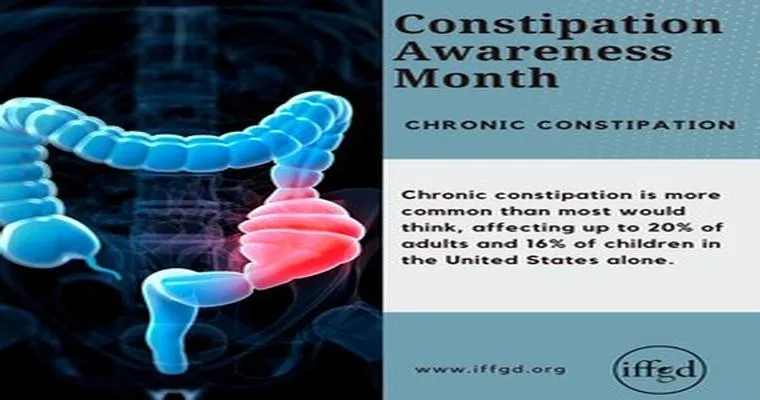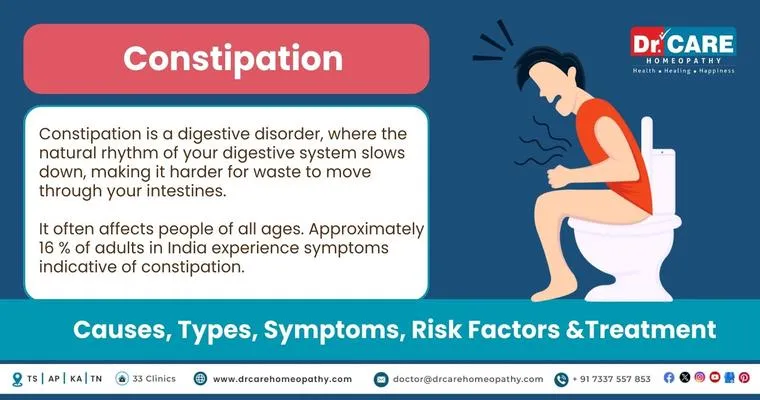Caring for a "94-year-old" mother in a "nursing home" can be challenging, especially when she is struggling with "constipation". This common issue can significantly affect her quality of life, causing discomfort and distress. Fortunately, there are several strategies and interventions that can help alleviate this problem. Here are some practical suggestions to consider for managing constipation in elderly patients.
Understanding the Causes of Constipation
Before diving into potential solutions, it is essential to understand the underlying causes of constipation, particularly in older adults. Factors such as a "low-fiber diet", inadequate hydration, decreased physical activity, and certain medications can contribute to constipation. In a nursing home setting, these factors might be more pronounced due to the structured routines and dietary limitations.
Increase Dietary Fiber
One of the most effective ways to combat constipation is to increase dietary fiber intake. Foods rich in fiber, such as fruits, vegetables, whole grains, and legumes, can help stimulate bowel movements. Encourage your mother to consume more high-fiber foods, such as:
"Fruits": Apples, pears, and berries
"Vegetables": Broccoli, carrots, and leafy greens
"Whole Grains": Oatmeal, brown rice, and whole grain bread
If she is unable to consume enough fiber through food, consider discussing "fiber supplements" with her healthcare provider.
Encourage Hydration
Staying well-hydrated is crucial for preventing constipation. Dehydration can lead to hard stools, making bowel movements more difficult. Ensure that your mother drinks plenty of fluids throughout the day, especially water. Herbal teas and broths can also be beneficial. If she has any restrictions on fluid intake, consult with nursing staff to find a suitable balance.
Promote Physical Activity
Encouraging movement can stimulate digestion and promote regular bowel movements. Depending on her mobility, activities can range from simple chair exercises to short walks around the nursing home. If she is limited in her ability to move independently, ask the nursing staff to assist her with gentle exercises or stretches.
Consider Scheduled Bowel Movements
Establishing a routine for bowel movements can help regulate her digestive system. Encouraging her to sit on the toilet at the same time each day, preferably after meals, can create a habit that may aid in reducing constipation. The nursing staff can assist with this routine, ensuring she has the time and support she needs.
Discuss Medications with Healthcare Providers
Certain medications, including pain relievers and some antidepressants, can contribute to constipation. It is essential to review her medications with her healthcare team to identify any potential culprits. If necessary, they may adjust her medications or recommend alternatives that are less likely to cause constipation.
Explore Natural Laxatives
In some cases, natural laxatives may help relieve constipation. Options such as "prune juice" or "psyllium husk" can increase stool bulk and promote movement through the intestines. Always consult with her healthcare provider before introducing any new supplements or laxatives to ensure they are safe and appropriate for her condition.
Monitor and Adjust
Finally, it's important to monitor her progress and make adjustments as needed. Keep an open line of communication with the nursing home staff regarding her bowel habits, and be proactive in addressing any changes or persistent issues. Regular check-ins can help ensure that she receives the appropriate care.
Conclusion
Constipation in elderly individuals, particularly in nursing homes, can be a challenging issue, but it is manageable with the right approach. By focusing on a "high-fiber diet", ensuring adequate "hydration", promoting "physical activity", and discussing medication options, you can help improve your mother's comfort and wellbeing. Always consult with healthcare professionals for personalized advice tailored to her specific needs. With patience and persistence, you can find effective solutions to help alleviate her constipation and enhance her quality of life.





